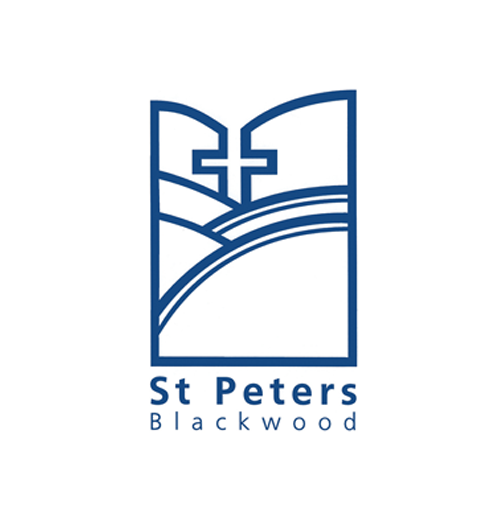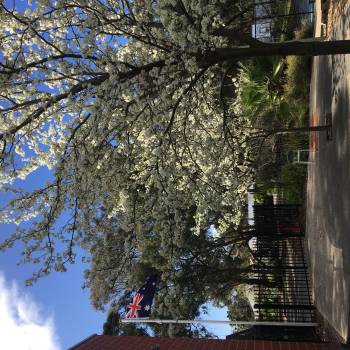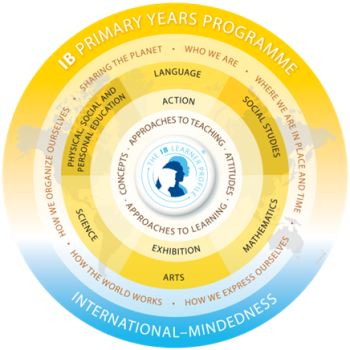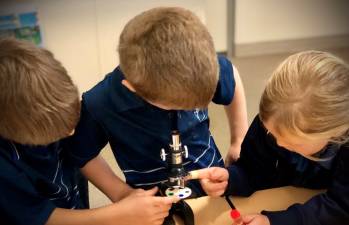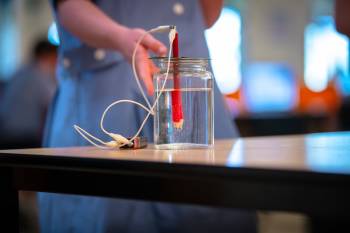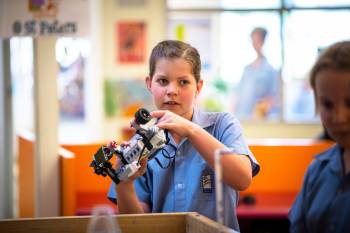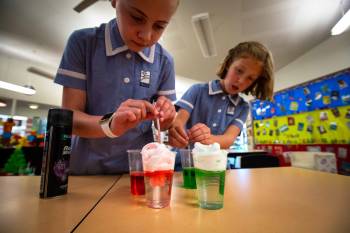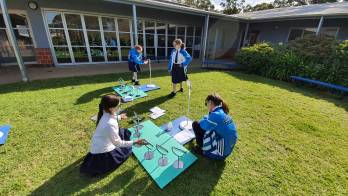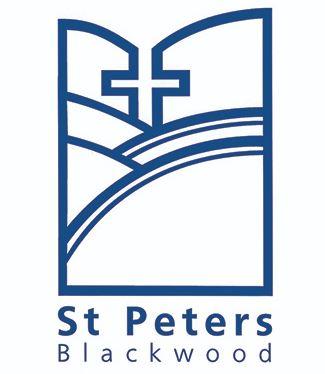(Adapted from Week 6 Chapel message)
This is a story about a principal and two teachers named Mr Burmeister and Mrs Smith. One day Principal Wilson walked into Mr B’s classroom to find him practising his class dance for the school musical. "Mr B, we had a lot of wind last night and there is rubbish scattered all over the yard. Would you please put all the rubbish back in the bins?" Principal Wilson asked.
"Aw Principal, I don't have time to do the bins today. I am working on my dance moves and I really want to finish the routine today," Mr B answered.
The Principal turned and left the room and went to look for Mrs Smith. She found Mrs Smith playing in the home corner in the Reception class. "Mrs Smith, there is a lot of rubbish next to the bins. Would you please put the rubbish back in the bins?" Principal Wilson asked.
"Sure, I'd be glad to," Mrs Smith answered.
"Great!" said Principal Wilson. "I'll leave the bins and the rubbish for you to clean up."
After Principal Wilson left Room 5, Mr B began to think about what she had asked him to do. "I can do the bins and still have plenty of time to practise my dance moves," Mr B thought to himself. He went outside and began doing the bins.
When Principal Wilson returned, she saw Mr B cleaning up the rubbish. "Where is Mrs Smith?" Principal Wilson asked.
"I don't know. The last time I saw her she was playing in the home corner," Mr B replied.
When Principal Wilson went into the classroom, guess what she saw? There sat Mrs Smith, still playing in the home corner! I wonder which of the two teachers was doing the right thing? Mr B, who said he wouldn't clean the bins, but did -- or Mrs Smith, who said she would clean the bins, but didn't?
Jesus told a similar story to show how different people obey what God has called them to do. In Jesus' parable of the two sons, the father asked both sons to go and work in his vineyard. Just as the two teachers in the story, one son answered, "No," but went and worked. The other son answered "Yes!" but did not go. In telling the story, Jesus wanted us to realise that what we do is more important than what we say we will do. Jesus wants us to answer, "Yes," when he tells us to "Love one another," but what he really wants is for us to love one another! Jesus wants us to answer, "Yes," when he says, "Follow me," but what he really wants is for us to follow him!
Bronwyn Wilson, Principal
